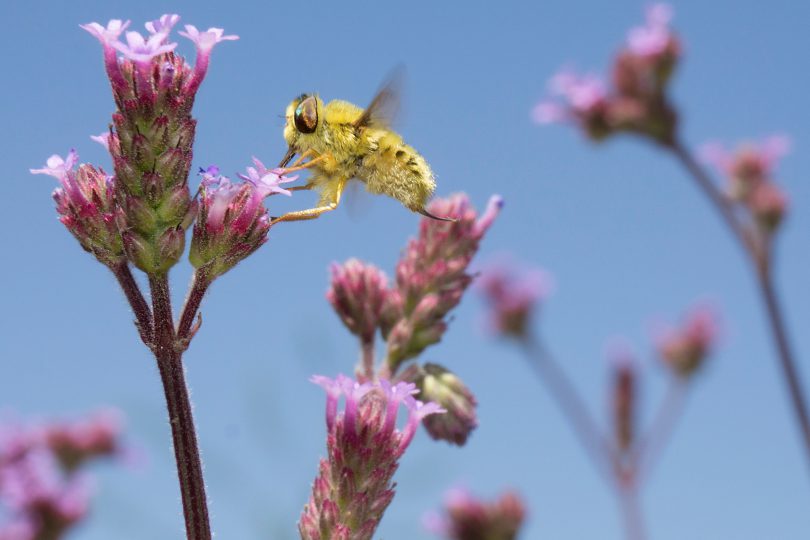Nobody wants a garden full of weeds. Dandelions, deadnettle, and other weeds are commonly considered to be pests. It can be a pain pulling them. Many people are allergic to them. We often worry that they might drive out our favorite species of plants and flowers. Not to mention, they can be an eyesore.
However, some recent research might inspire you to start rethinking your stance on weeds. As it turns out, weeds might help create a habitat (and a food source) for important pollinator insects such as honeybees. In fact, some weeds such as deadnettle actually co-evolved with bees to assist them with transporting nectar on their bodies – while also providing the bees with tasty food.
If you’re unfamiliar with bees, you might be surprised to learn they are fascinating insects. They are intelligent – and possibly even good at math. In addition to being able to count to four, science has shown they are the first invertebrates that can comprehend the idea of the number zero. And, as pollinators, they are also vital to the food chain. They’ve even been called “the most invaluable species on the planet.”
We know bees are vital to our food chain but what can we, as individuals, do to help them? In order to answer this complex question, it is helpful to understand why the bee population is threatened.
Although scientists still aren’t 100% certain why the bee population is dying, it is generally agreed that one of the biggest threats to bees is weed killer. To help eliminate this danger, you can start by avoiding the usage of pesticides and other chemicals in your own garden. Instead, consider switching to natural sources, such as essential oils or other bee-friendly pesticides.
You might also want to help educate your family and friends on the dangers of pesticides – which can harm humans as well as bees, insects, and other wildlife. Instead of killing the weeds in your yard, consider having a small section where you allow weeds to grow. Dandelions and other weeds are an important food source for pollinators. When you provide them with food, you also increase their chances of being able to pollinate our own food sources as well.
If you are a beginning gardener, or someone who is gardening in a small space, you might want to start with a bee garden as your “starter” garden. If you don’t have a green thumb just yet, you could start by practicing in one small section of your yard. Perhaps even consider just allowing weeds and other plants to grow wild and free in this one area; the bees will love you for it.
As you can see, you can do your part to help save the bees. You don’t have to be a scientist to do it. And, no, you don’t even have to team up with Monsanto. All you have to do is be willing to help. You can start by taking a closer look at your own backyard.

